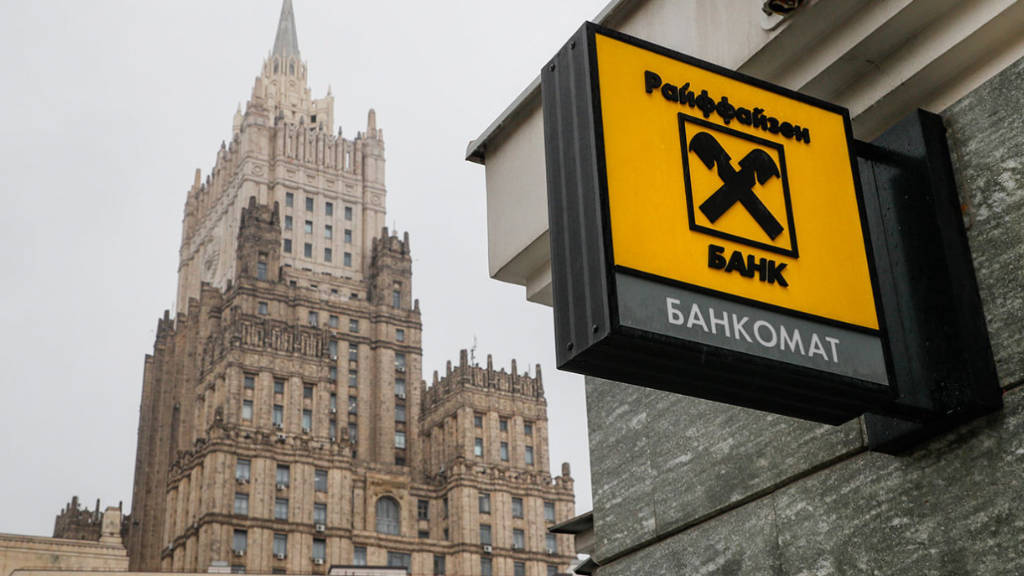Austrian Foreign Minister Alexander Schallenberg has said in a meeting with US Secretary of State Antony Blinken during a joint press conference in Vienna on March 15, that 95% of Western companies are still invested in Russia. This is despite Western government pressure since early 2021 and many high profile foreign businesses announcing their exit from the country.
Schallenberg confirmed that Austrian firms remain “heavily engaged” in Russia, saying that “Yes, Austrian companies are present in Russia, as are about 95% of all Western companies.” Schallenberg then insisted that international restrictions placed on Moscow must “be fully respected – there cannot be any exceptions.”
He didn’t make any mention of any government compensation being offered to any Austrian or any other Western company that suffered losses from exiting the Russian market at the behest of their government. Neither have any Russia-exit compensation plans been offered. This illustrates a deep division between the wishes of Western governments and Western investors as concerns Russia and an essential disconnect between Western government demands and corporate fiscal responsibilities.
Last week, Politico reported that Washington has been pressuring one of Austria’s largest banks, Raiffeisen Bank International, to withdraw from Russia. The US Treasury’s Acting Assistant Secretary Anna Morris told Austrian officials and the company’s representatives that the bank risks being shut out of the US financial system – disconnected from SWIFT – if it fails to comply with the demand. The bank is listed on the Wiener Börse, with 38% of the bank owned by public shareholders. If a SWIFT disconnection were enacted, Raiffeisen bank shareholders – mostly Austrians and other Europeans – would likely suffer huge losses as share prices would collapse.
Raiffeisen said that it has reduced its operations in Russia significantly since February 2022, but it remains reluctant to withdraw from the country. It generated almost half of its profits there last year and has responsibilities to about 10,000 staff in the country. It regards Central and Eastern Europe as its primary markets and has been in Russia since 1996.
In February, Russia’s Deputy Prime Minister Denis Manturov said about 20% of major European and US companies have left the Russian market, but the rest have kept their businesses in Russia with many increasing their regional investments.

 Русский
Русский












